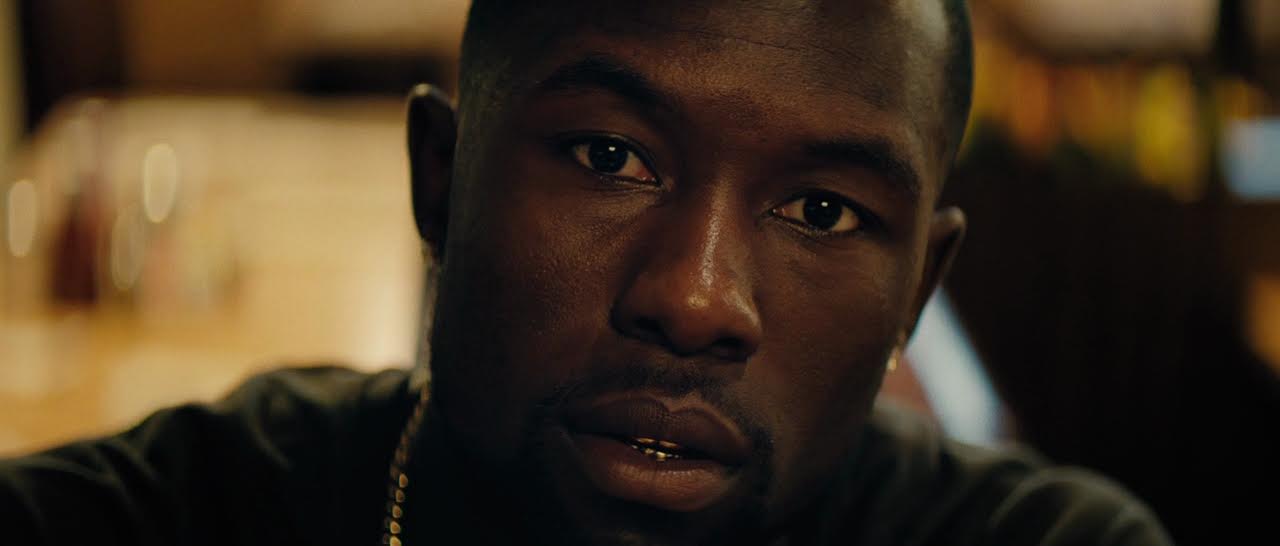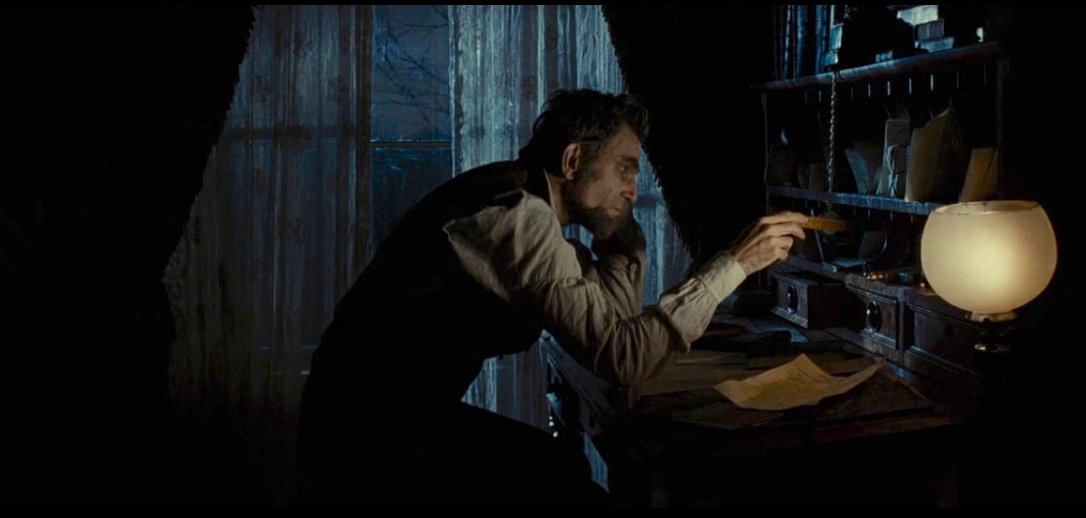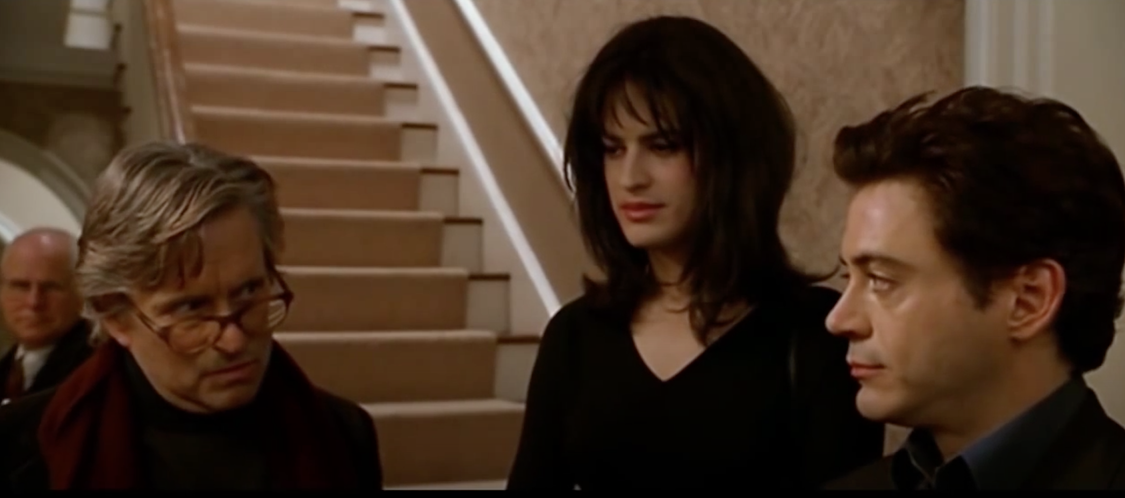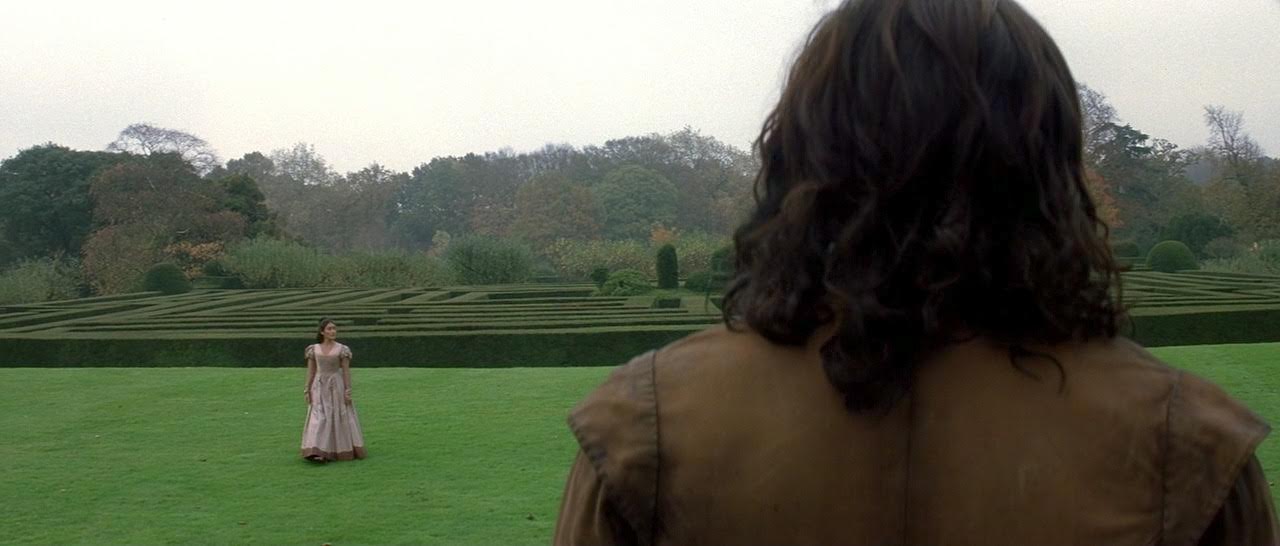The New Classics: Drive
 Tuesday, September 1, 2020 at 11:00AM
Tuesday, September 1, 2020 at 11:00AM 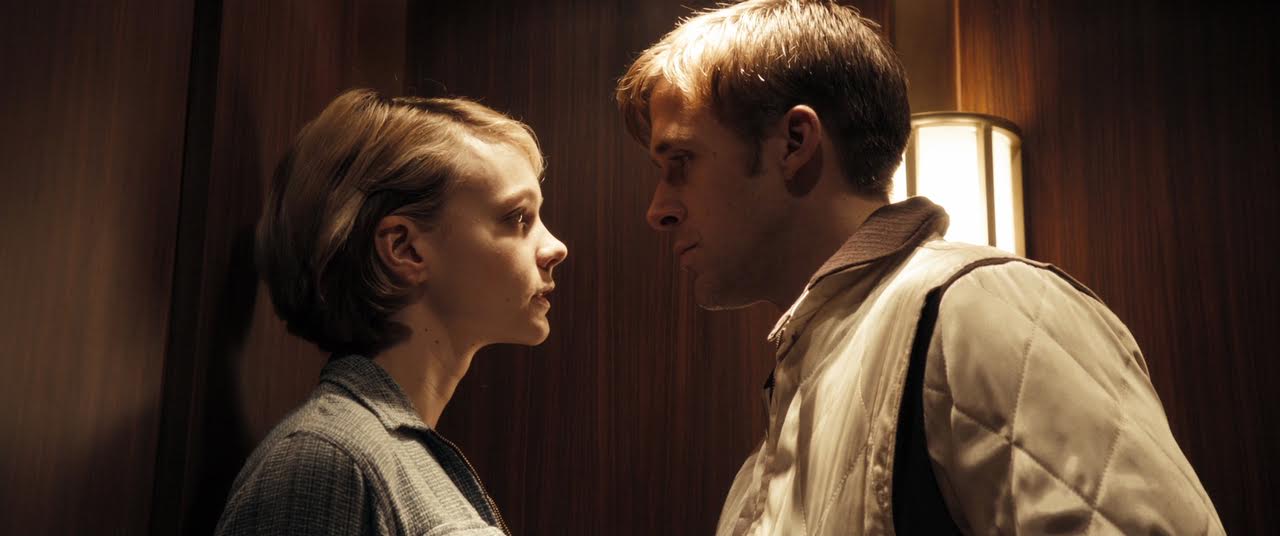
Scene: Elevator
When people talk about missing the communal experience of movie theaters, it’s moments like the elevator sequence in Drive, Nicolas Winding Refn’s neon-bathed synth-noir, that come to mind. I can vividly recall the total silence as time slowed down to let Ryan Gosling’s never-named Driver live in his stolen kiss with Carey Mulligan's Irene a few moments longer, just as I can recall the sound of the oxygen rapidly exiting the screening after the gut punch transition back into real time, when Driver dispatched his would be assassin and then just. kept. stomping...



